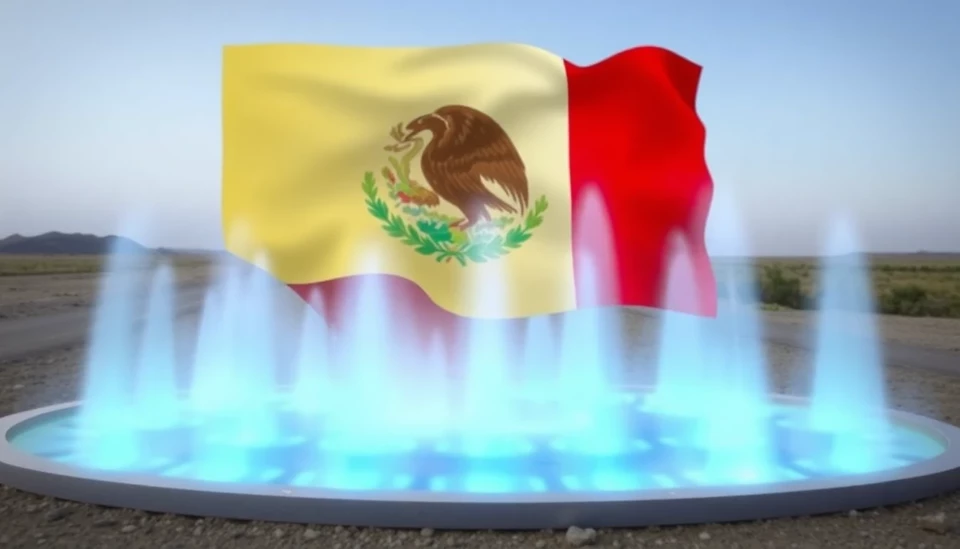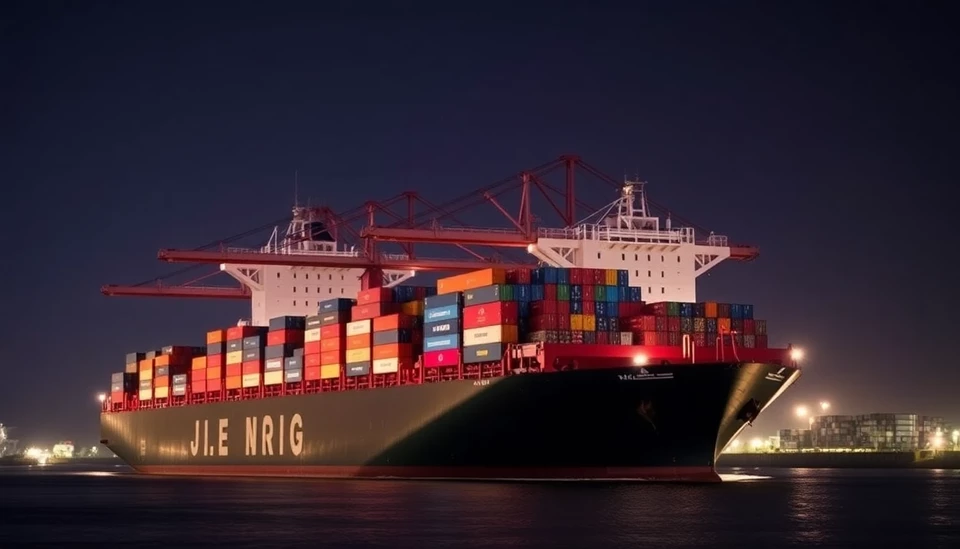
A major natural gas project in Texas is set to challenge the ambitious climate goals of Mexico's incoming president, Claudia Sheinbaum. This initiative, which seeks to bolster energy security and attract foreign investment, has raised considerable concerns regarding its environmental implications.
The "Eagle Ford Shale" is becoming a focal point for the future of U.S.-Mexico energy relations. It is one of the most prolific oil and gas production areas in the United States, producing over 1 million barrels of oil equivalent per day. The energy generated here is essential for meeting the rising demand in Mexico, which is increasingly reliant on natural gas imports from its northern neighbor. As a result, the Biden administration is encouraging investment in the shale while also seeking to assure Sheinbaum's government that it will align with the ambitious climate goals Mexico has set under her potential leadership.
Sheinbaum's target of achieving net-zero carbon emissions by 2050 appears in direct opposition to the extensive fossil fuel project expanding in Texas, particularly as Mexico grapples with its own energy transition. The intricacies of balancing energy independence with climate responsibility could significantly influence Mexico's political landscape and its future relations with the United States.
Officials from Sheinbaum's incoming administration have voiced apprehensions about the potential ramifications of deepened natural gas dependency stemming from this project. They argue that continued reliance on fossil fuels could impede Mexico's progress toward sustainable energy and the development of renewable resources that have been garnered since the introduction of the electric sector reform in 2013.
Moreover, this push for natural gas in Mexico is not simply a matter of securing physical energy resources; it also involves navigating the geopolitical and environmental dynamics at play in North America. The project has sparked a lively debate about the future of energy in Mexico, as domestic public opinion begins to wrestle with the complexities posed by projects that promise economic growth at the potential cost of environmental backlash.
As this natural gas initiative unfolds, its implications on bilateral relations between Mexico and the U.S. will be critically examined. Some analysts express that Sheinbaum's focus on green energy and climate goals could be met with increasing contention, particularly if the U.S. continues to pursue aggressive fossil fuel exploitation in the Texas region. The blend of policy, climate, and economic expectations will create a complicated tableau for any forthcoming negotiations.
For the upcoming administration, a strategy that reconciles the immediate energy needs of the populace against a backdrop of longer-term ecological considerations is more crucial than ever. The intersection of foreign investment and local environmental requirements is a dance that policymakers must perform with delicate precision.
In summary, the ongoing natural gas project in Texas raises significant questions for Mexico's energy policies and its leadership's climate ambitions. The decisions made in the coming months could set a vital precedent for sustainability and energy independence in the region.
#Mexico #ClimateGoals #NaturalGas #Texas #EnergyIndependence #Sheinbaum #EagleFordShale #FossilFuels #BilateralRelations #SustainableEnergy
Author: Megan Clarke




